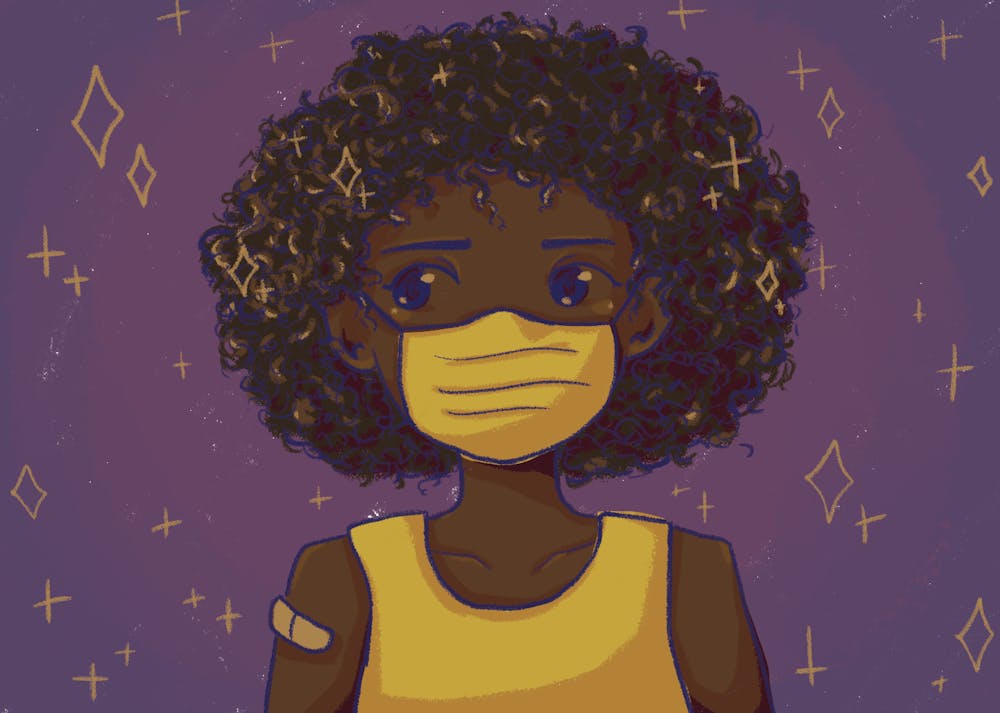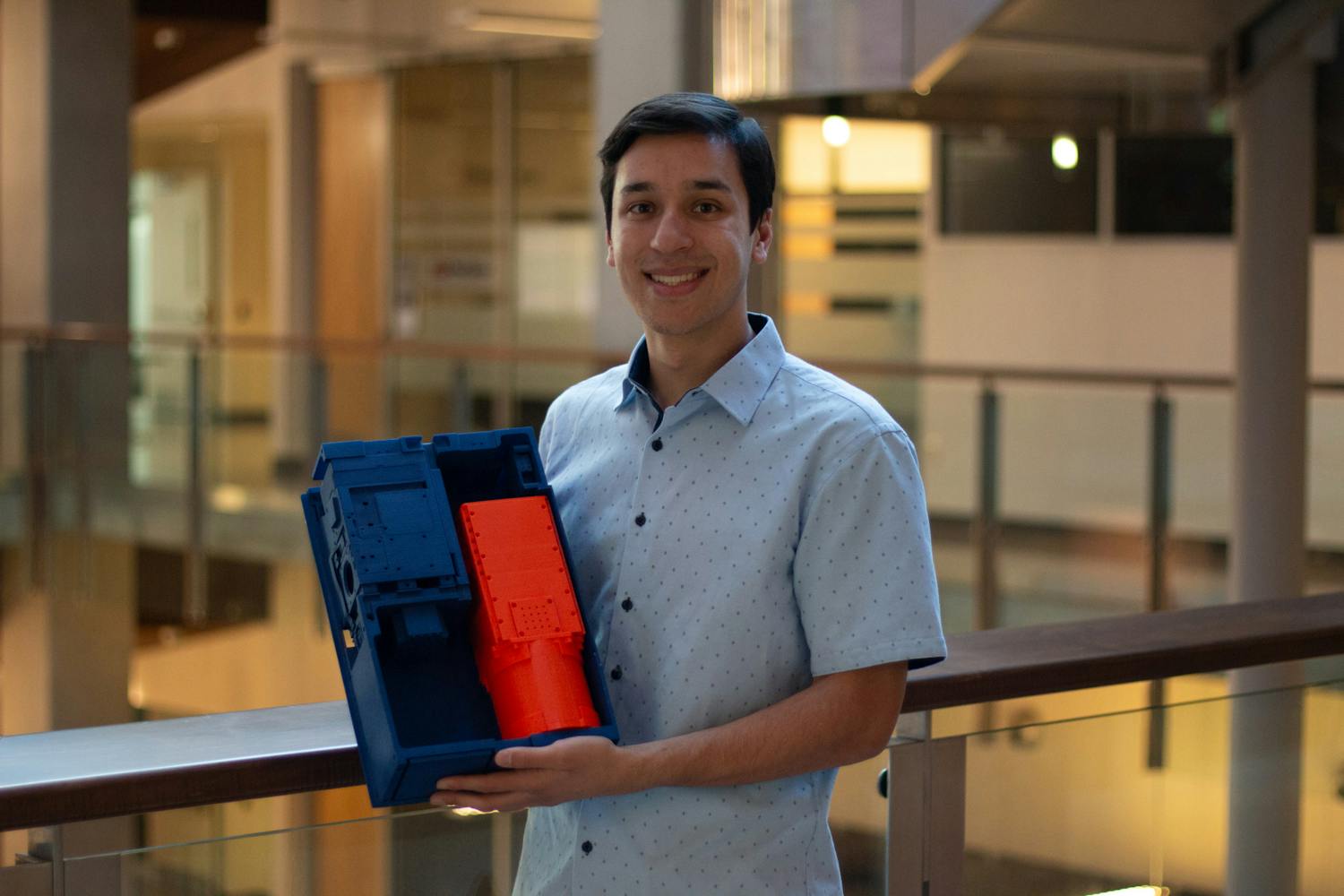For over a year, COVID-19 has been spreading throughout the world. We've endured toilet paper shortages, virtual schooling and the ever-looming threat of cases rising again.
Even after stay-at-home orders, mask mandates and COVID-19 vaccines it’s clear to see this virus isn't going away any time soon — even with extra precautions. It's time we recognize the perception of a pandemic with an end in sight as a delusion, and we should begin considering these "temporary precautions" as normalities which will continue into the future.
Nature, a British scientific journal, conducted a questionnaire featuring over 100 immunologists in February, asking them if they believed COVID-19 would ever be eradicated.
It found 89% of respondents thought it "will become endemic — meaning it will continue to circulate in pockets of the global population for years to come." At the rate at which the public is ditching COVID-19 safety protocols and precautions, I'm inclined to agree.
It's understandable people would start letting their guard down after being in a pandemic for so long with so little relief. Rachel Cortese, a junior studying nursing, said she understands the frustrations of people who have lost patience.
"I understand that it's been going on for a while and people just kind of want it to be over," Cortese said. "I haven't started working in a clinical setting yet, but I know that when I work with patients, especially patients who are at high risk for COVID-19, I definitely need to really make sure I wash my hands, wear a mask and do other things like that."
As fatigue continues with constantly having to staying inside, consistently missing out on big events and continuing self-isolation, it's difficult to see a light at the end of the tunnel.
"I know for a fact that it's not going away," said Monaliza Hernandez, a sophomore studying nursing. "Last year it was only one variant right. Now we have multiple variants."
With the rise of the Delta variant across the country and about 57% of the U.S. population fully vaccinated, we reached yet another peak in COVID-19 cases over mid-September. Despite this rise in cases, society still returned to what it once was before the shutdown.
Students at the collegiate and K-12 levels are back in their physical classrooms, big events are being held and restaurants are getting packed again.
The main takeaway from all this is people are starting to forget about their safety in exchange for ignorant bliss.
"People are thinking now, there's no mask mandate in Arizona, classes are in person, you don't have to wear your mask in residence halls," Hernandez said. "The seriousness of COVID-19 is kind of just in the back of people's heads now. They're not concerned anymore because it's not talked about as much anymore."
Although there is not as much panic as there was at the beginning of the pandemic, we should still be concerned and take rising cases into consideration before we leave our houses every day — to protect ourselves and others. Because despite what some might believe, according to the experts, the pandemic is far from over.
"I'm most worried about working with COVID-19 patients who either don't want to get the vaccine or people who can't because of health problems," Cortese said, discussing her upcoming nursing clinical. "Because I feel like at that point, there's just nothing I can do about it as a health care worker, and that kind of sucks, you know, not being able to help those people."
This is no longer just about "quarantine being over" or "the worst of it passing." It's a new era of living through this pandemic.
Cortese said people shouldn't ignore the pandemic while it's still happening. "I’m tired of it too, but that doesn't mean I'm not going to do everything I can to prevent myself and other people from getting COVID-19."
There may be an end eventually, but until we stop viewing these provisions as temporary, we could still be living with the effects of this pandemic for years to come.
Reach the columnist at amvald11@asu.edu and follow @anxieteandbread on Twitter.
Editor's note: The opinions presented in this column are the author's and do not imply any endorsement from The State Press or its editors.
Want to join the conversation? Send an email to opiniondesk.statepress@gmail.com. Keep letters under 500 words and be sure to include your university affiliation. Anonymity will not be granted.
Like The State Press on Facebook and follow @statepress on Twitter.
Continue supporting student journalism and donate to The State Press today.

Analisa Valdez is a reporter with the Echo, focusing on covering the arts and entertainment world. Analisa has been apart of the State Press for two and a half years and is in her third year at the Walter Cronkite School of Journalism and Mass Communication.





